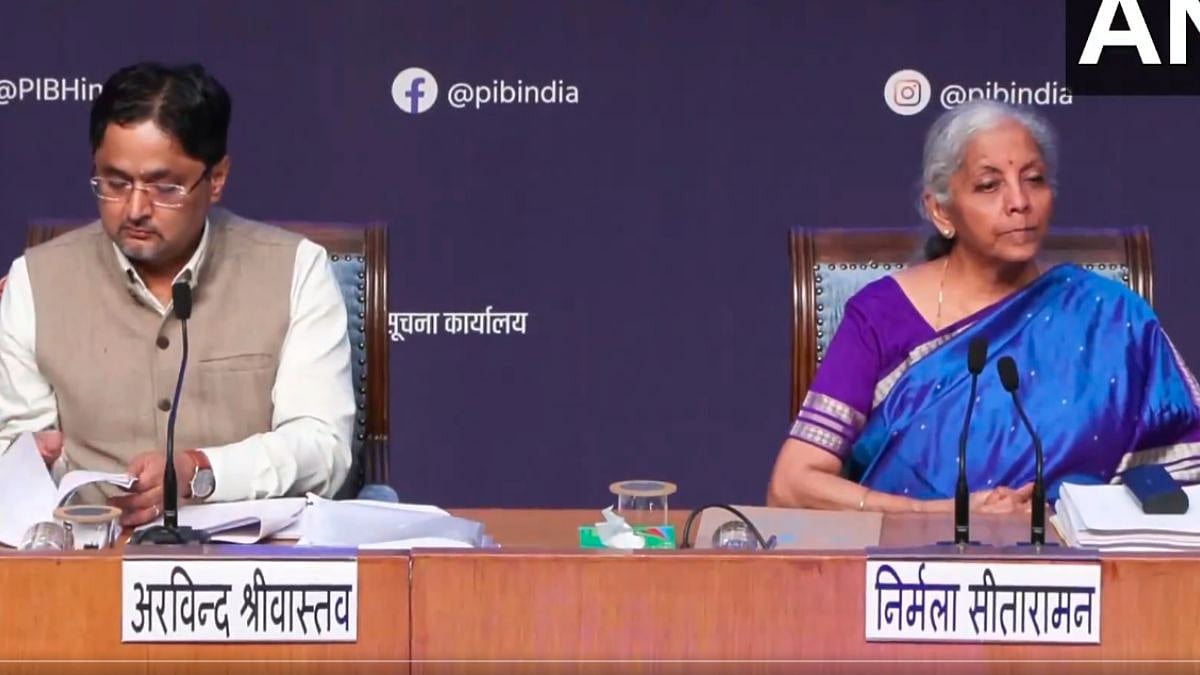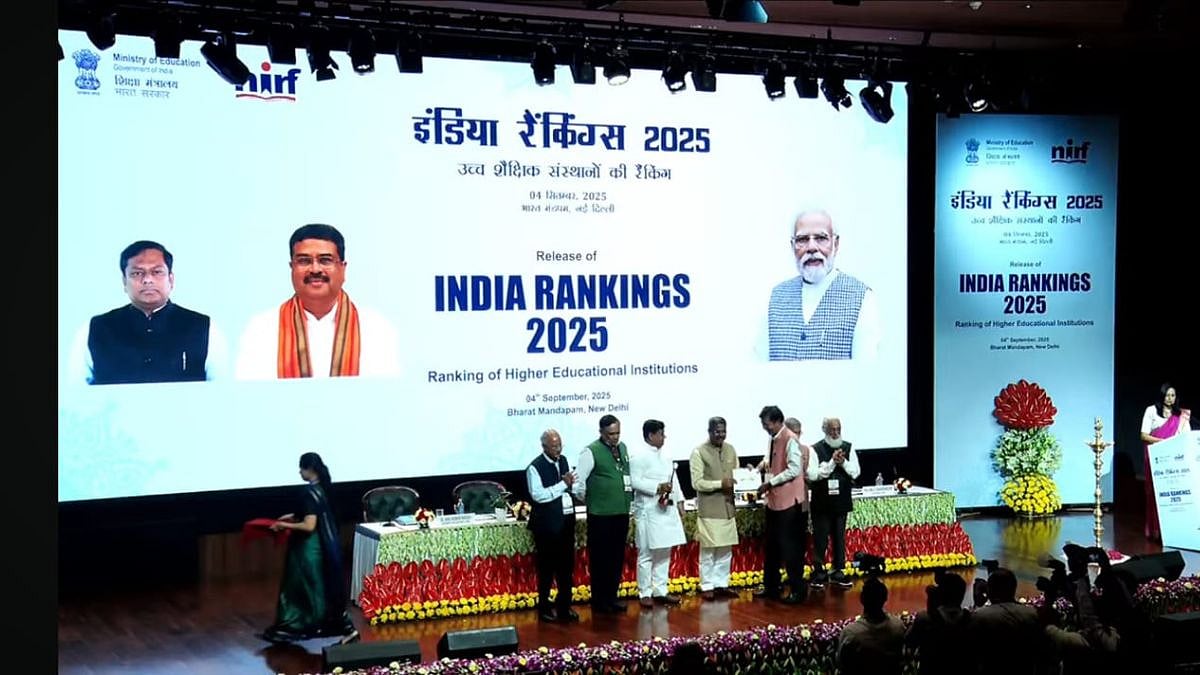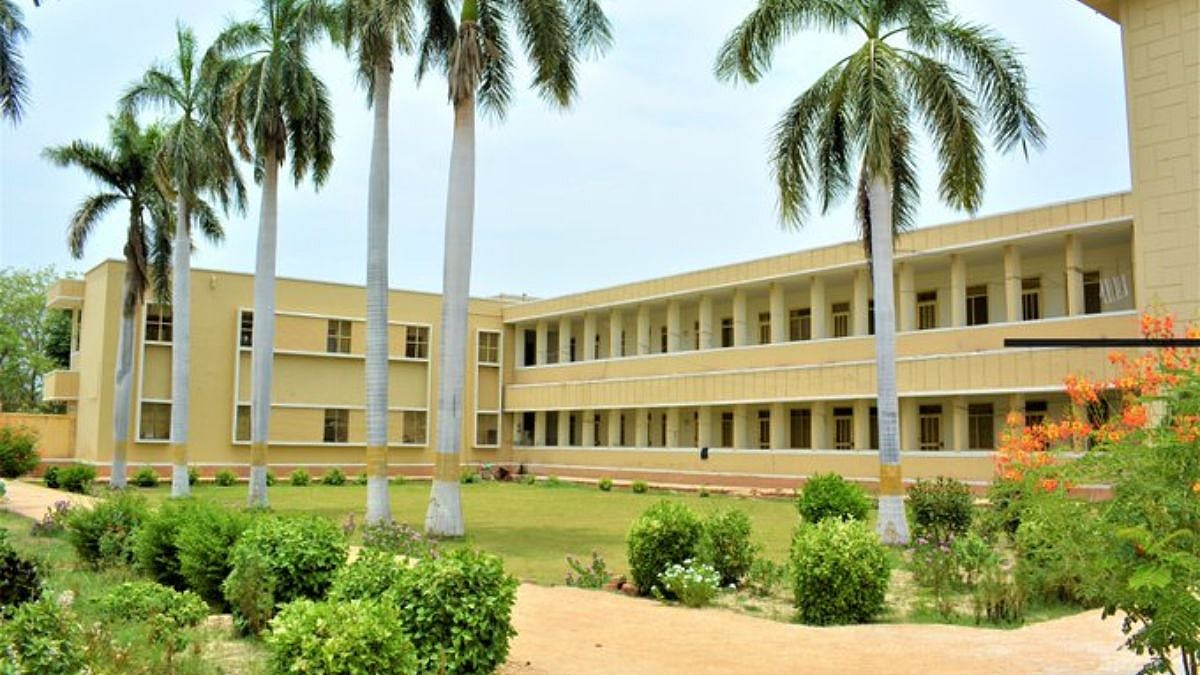Beijing: Russian President Vladimir Putin, in a veiled rebuke aimed at the United States, criticised the use of punitive language in international relations during a press briefing in China on Wednesday, September 3.
Without naming the US directly, Putin warned against adopting a condescending tone while dealing with major economies such as India and China, stressing that all nations must be treated as equal partners in the global order.
Speaking during his four-day visit to China, the Russian President referred to India and China as “powerful economies” with their own political systems and histories. His comments come amid mounting global concern over US-led trade restrictions, including sweeping tariffs against both countries.
'Cannot Use Such a Term With Partners’
Putin questioned the rhetoric of punishment in diplomacy, cautioning that such language undermines mutual respect. "When somebody tells you that they are going to punish you, you have to think, how can the leadership of those countries... those big countries, which have had difficult periods in their history too... show weakness?” Putin remarked, according to a translation of his address.
He further added, “They have to realise that they cannot use such a term while speaking with their partners.” Though he refrained from naming specific nations, the comments were widely interpreted as a response to Western sanctions on Russia and recent tariff hikes imposed on Indian goods.
US President Donald Trump had imposed 25 per cent tariffs on Indian imports, with an additional levy reportedly linked to India's purchase of Russian crude oil.
Putin Calls for Multipolar World Without 'Hegemons'
Putin also reiterated his stance against a unipolar world order, calling for a system in which no single country dominates. He emphasised that in forums like BRICS and the Shanghai Cooperation Organisation, no member seeks to assert supremacy.
“From the international law point of view, everyone must have equal rights. It doesn’t mean that anyone should dominate over politics or global security... everyone must be equal," he said.










